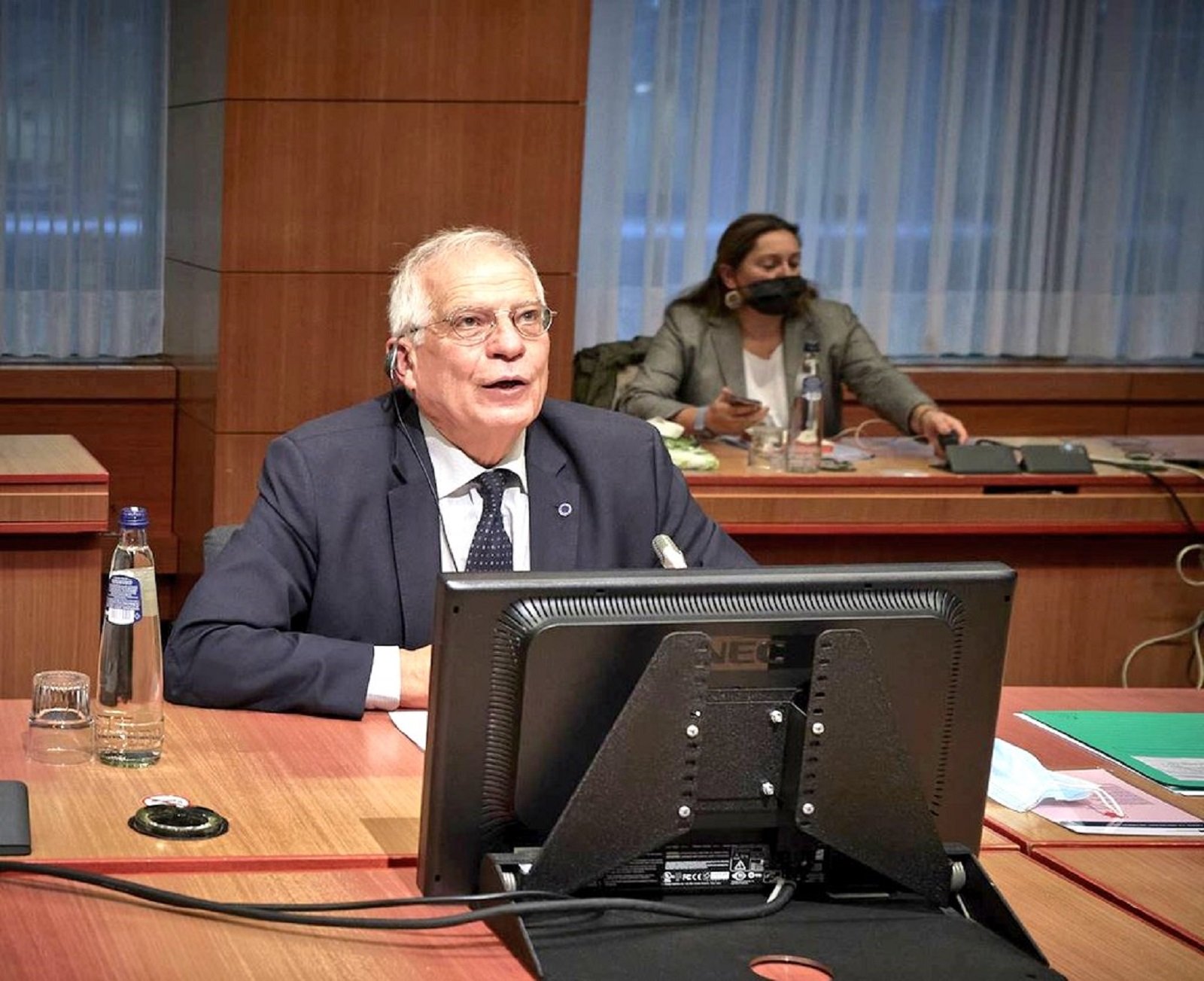As the EU figure who is in theory the Union's senior diplomat at large, foreign policy high representative Josep Borrell has had no shortage of international spats. Examples include his past disagreement with Kosovo or his opposition to the Nicolás Maduro regime in Venezuela; to this list can now be added Russia. The Moscow foreign ministry spokesperson Maria Zakharova has accused Borrell of spreading "rumours and false information" about the country's Sputnik V vaccine, after an exchange of criticisms that was started by the former Spanish minister himself, complaining about the "coronavirus disinformation" that Putin was spreading to his citizens through "state-controlled media."
#Zakharova: The fact that the “war of vaccines” has lately been waged amid a flurry of rumours and false information is not news to us. However, we were shocked to see a prominent representative of international politics such as J.Borrell join the fray🔗https://t.co/hufsupK5zr pic.twitter.com/h7Se1H3lfL
— RussianMissionEU (@RusMission_EU) December 31, 2020
Borrell opened up the issue because he believes Russia is only pursuing its interest in "selling its own vaccine" and thus "openly mocks" Western vaccine development - a view he posted on his personal EU blog, which has not been well received by the Putin government. As Zakharova puts it, the EU representative is "spreading false information" while he also "demonizes the Russian media and journalists" and thus she considers that he himself "shows clear symptoms of infodemic infection" - a reference to the generation of fake news and rumours on a topic that make it difficult for people to find reliable sources.
Borrell's original message compared the strategy of the Russian government to that of terrorist organizations such as Islamic State, which, he said, "have also used the confusion over the coronavirus to spread their own propaganda." The representative of the Kremlin finds it completely "inappropriate" to compare their efforts with terrorist activity. Tensions have not eased and the Russians have asked for "a clarification about this misleading narrative" from Brussels which, four days after the controversy, has not yet arrived.
Vaccination in Russia
In fact, Russia was the first country to start coronavirus vaccination on December 5th. So far, the country has set up about seventy points where users can receive a jab of Sputnik V, as Russia has named its vaccine, a reference to the first generation of satellites ever sent into space, and to a technology race in which the then-Soviet Union led its rivals.
Vaccination with Sputnik V is free and voluntary, and requires two doses, the second 21 days after the first. Initially, it is to be provided to workers in the health, education and social services sectors, who will have to register on a specific web portal. Notably, the plan is to vaccinate people aged between 18 and 60 years who do not suffer from any chronic disease.

